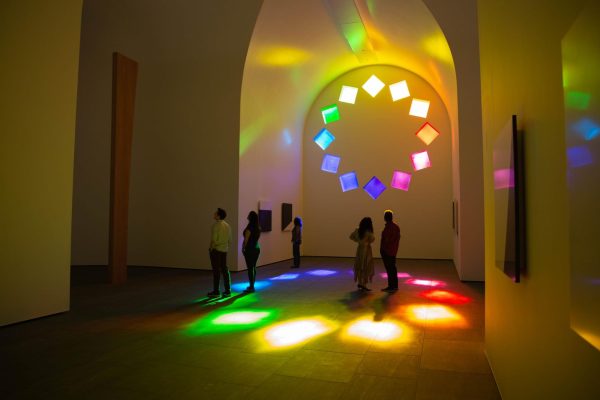The True Origins of Christmas
Many people around the world regard Christmas Day as the birth of Jesus Christ, but Christmas’ origins actually stem farther than that, spreading all the way back to Roman and Pagan cultures. With that being said, what really led to celebrating Christmas?
Beginning with the winter solstice, many Europeans, specifically Pagans, commemorated the turning of seasons from fall to winter. Also called “Yule”, the winter solstice takes place on December 21 and occasionally lasts until January. Additionally, in Rome, they rejoiced for the turn of the seasons in a similar holiday called “Saturnalia”, honoring Saturn, the Roman god of agriculture. During Saturnalia, citizens were not the only ones celebrating the change. Enslaved people were freed, treated as equals and encouraged to join in on the party. Meanwhile, the upper classes praised the birthday of the god of the sun and light, Mithra, on December 25th.
Finally, it is commonly thought that Jesus of Nazareth was actually born in the Spring. However, the Roman Catholic Church began officially honoring his birth on December 25 in the year 336, when Emperor Constantine was throned and made Christianity the official religion of the Roman Empire. It is theorized and assumed that the celebration took place on the 25th to mute Paganism and give rise to Christianity. Emperor Constantine was a devout Christian, and despite his edict allowing religious tolerance, it was rather clear that Christianity was dominating Rome. Eventually, Yule, Saturnalia and other ancient celebrations would subside to the popularity of Christmas as it is known today.
Although this history is often unknown, these are the events that led to the celebration of Christmas. The origins of this celebration are mainly related to Christianity, but nevertheless, everyone can join in on the Christmas spirit and share the joy of family time, along with community values.
Your donation will support the student journalists of McNeil High School. Your contribution will allow us to purchase equipment and cover our annual website hosting costs.

Hello! My name is Camryn Lee and this is my third year on The Trailblazer staff. I really enjoy writing opinion and entertainment related articles. I also...







